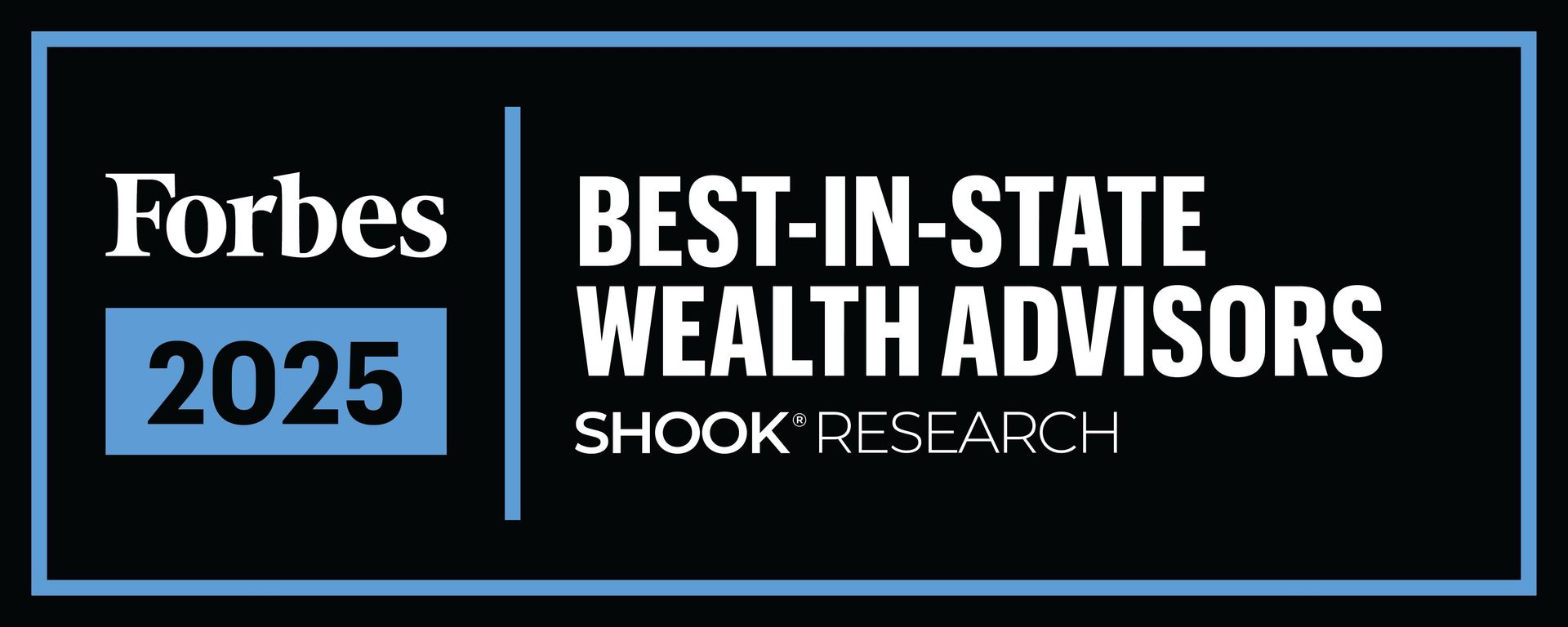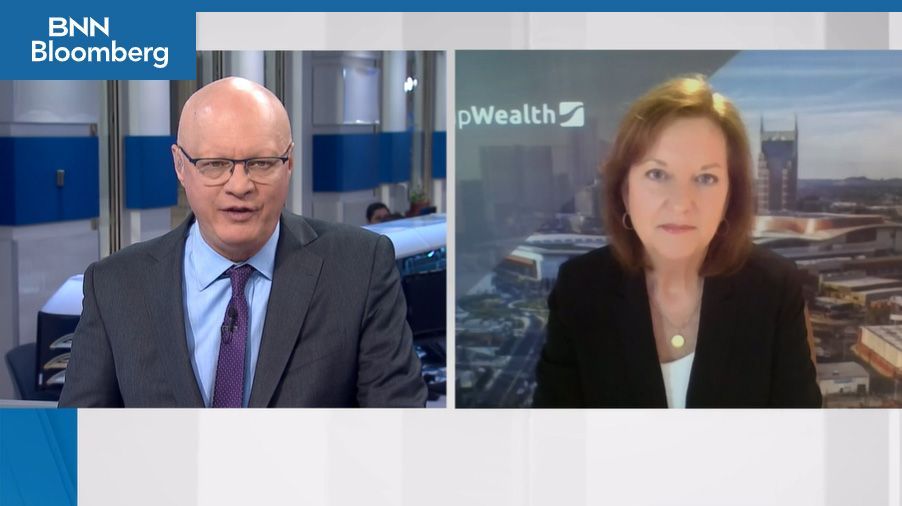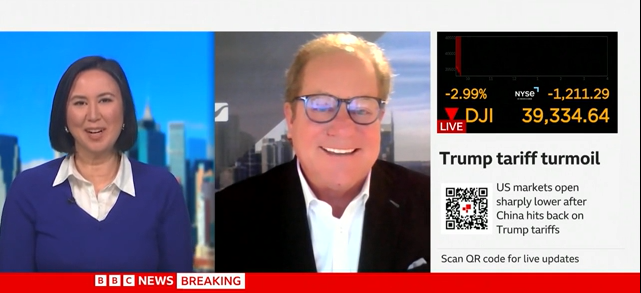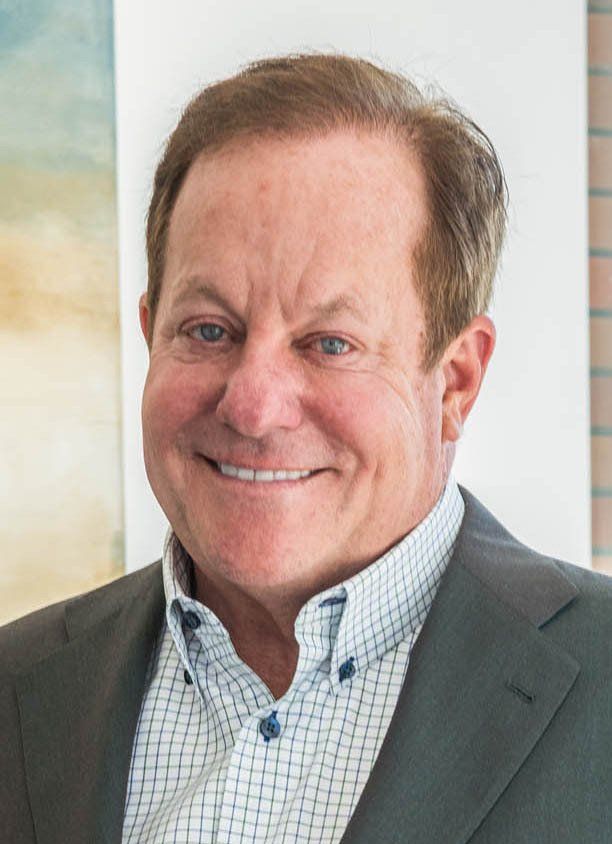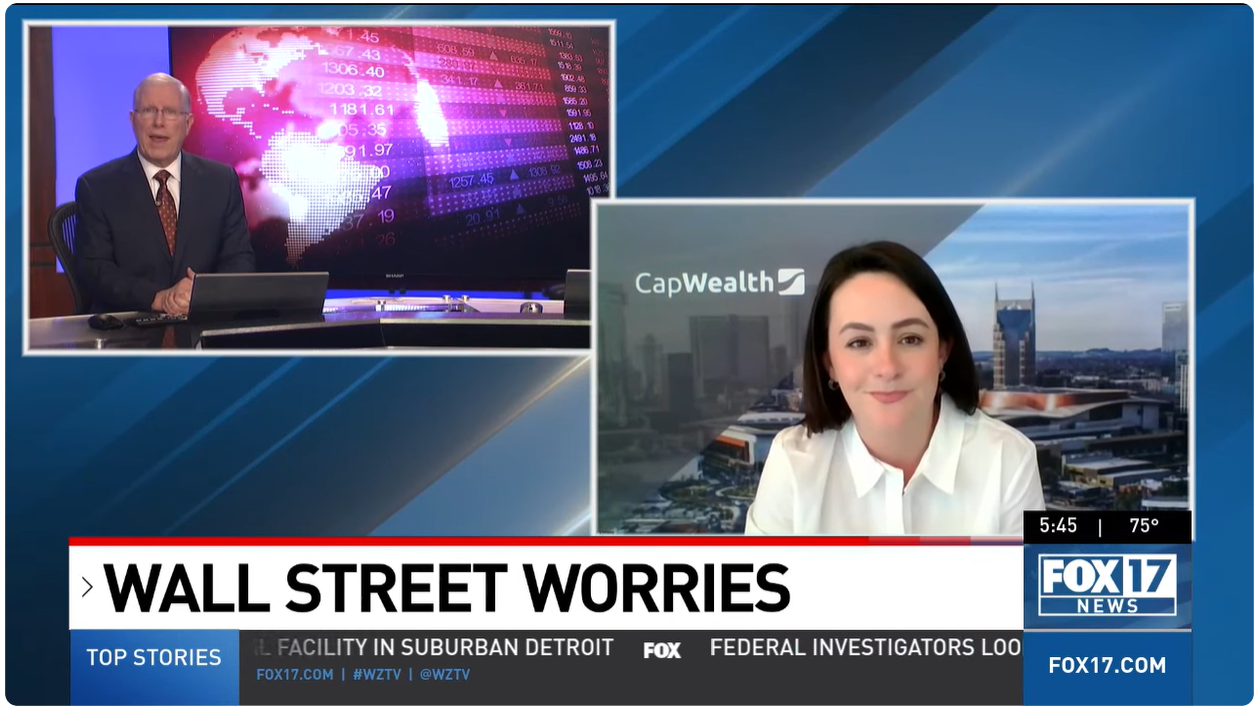7 Tips for Getting Financially Fit in 2015
December 31, 2014
After a holiday season full of merrymaking, so many of us vow that we're going to exercise more in the coming year. I admire your ambition (and share it). But as we begin 2015, I hope you'll be just as committed to becoming, and staying, financially fit.
Here are some tips to help.
1. Plan for trouble.
We all need an emergency fund because major negative life events always seem to pop up when we least expect them. The general rule of thumb is have six months of living expenses in a bank deposit account or money market fund where the money is readily available for those surprise expenses or to bridge the gap if an income earner in the family loses his or her job.
Every family should also have insurance to cover the cost of major events that might not be covered by an emergency fund. Health insurance, homeowner's insurance, auto insurance and life insurance are vital and most families have these items covered. Depending on your personal situation, an umbrella liability policy might be a good idea. If your family has one primary income earner, consider a disability policy.
You might also consider specialty insurance, such as cancer insurance or accident insurance, depending on your situation.
2. Spend less and save more.
The U.S. personal savings rate as a percentage of disposable income is currently about 5 percent. Thus, the odds a dollar of personal income was actually saved this year was 1 in 20. Current levels of saving are an improvement over the 2007 rate of 2.6 percent (1 in 38.7) but still a far cry from the 1971 height of 13.3 percent (1 in 7.5) — and a faint whisper compared to China's savings rate of 50 percent (1 in 2).
What are the chances an adult has no savings at all? Approximately 30 percent of American adults have no savings.
3. Start saving now for your kid's college.
If you plan to assist with the cost of your child's college education, there are several different options including a 529 Plan, an Education Savings Account or even a Roth IRA. Get informed about these options. If you want to help your children with the soaring costs of secondary education, you can't start too soon.
4. Easy on the plastic.
Credit cards are a wickedly tempting convenience in our busy and consumption-driven lifestyles, but when not used responsibly can quickly become detrimental to our financial health. Think about your credit card not so much as a form of payment but as the incurring of debt — a debt that must be repaid when the bill arrives or the price of what you purchased just went up by the amount of interest you'll pay.
5. Pass the sleep test.
If your investments are keeping you up at night, you need to make some changes. Wealth should enhance your life, not engender stress. If you are worrying about your investments, you likely need to ratchet down the risk in your portfolio. With less stress, you're going to be healthier and empowered to enjoy the fruits of your labor, your discipline and your dreams.
6. Be proactive.
Success in the financial aspects of our lives requires preparation, sacrifice and hard work. But that goes for all aspects of our lives, which are all interconnected. Seek out information on ways to stay healthy and take action to reduce your health risks. Kicking those unhealthy habits today and committing yourself to adopting healthy new ones can dramatically impact your future financial well-being. Control your own financial destiny by taking charge of your physical and mental condition.
7. Think long-term.
Again, this goes for our finances and our lifestyles. Our life expectancy continues to grow, for those in both good and poor health thanks to medical advances, and consequently we have more years after retirement than ever before. If you expect to live well into your 90s, that's probably three decades of the golden years that you'll need to prepare for by properly saving and investing. A healthy person can typically work longer and more successfully than a sick person, translating into more assets to adequately sustain a long life and retirement.
It's worth pointing out that our increasing longevity also means more time for the power of compounding interest, offering us the opportunity to expand the financial legacy we leave to our children, grandchildren, other loved ones and our chosen philanthropic endeavors.
Money isn't everything, but money problems can sure feel close. Get ahead of bad habits, debt and stress this year by adopting a financial fitness regimen. It requires discipline and could come with some pain, but the payoff is worth it: peace of mind and moving closer to your dreams.
Phoebe Venable, chartered financial analyst, is President & COO of CapWealth Advisors LLC. Her column on women, families and building wealth appears each Saturday in The Tennessean.

